
TAGTIK NEWS - TO THE POINT
According to an Italian study, cooking boosts...the brain

Italian researchers working for the Institute of Imaging and Molecular Physiology for the National Council for Scientific Research in Catanzaro led this study, whose main question is: while the brains of basketball players, athletes and musicians have already been studied, what about the brains of chefs?
A pertinent question given the degree to which chefs must demonstrate concentration, speed, vigilance, and organisation. Pasquale Nardone, a Belgian physicist and former professor at the ULB (Université libre de Bruxelles), comments on the study on Belgian media RTBF. "There are a significant number of intellectual elements to develop. And we know that our brain is plastic, meaning that each time you learn a skill, it changes physiologically in the long term. Some parts develop, other parts regress."
For the purposes of the research, eleven chefs based in Calabria who won medals in their country (three of them also had a Michelin star) took part and agreed to undergo brain imaging. "Nuclear magnetic resonance allows us to determine the different volumes," explains the former teacher. Various tests, such as verbal, memory, and psychological, were then conducted. "And also a famous test called the Tower of London, to see if you have a planning deficit." These tests were administered, for comparison, by 11 other people, with no expertise in the culinary world.
And here's what emerged from the experiment, according to Pasquale Nardone:
In chefs, the volume of the cerebellum is observed to be 3 cubic centimeters larger, or 35 cubic centimeters, compared to 32 in non-experts. "In every cubic centimeter, you have 90 million neurons. With three or four more cubic centimeters, you immediately have 300 to 400 million more neurons."
As a reminder, the cerebellum is responsible for coordinating motor movements. "There is a part of the cerebral cortex that is motor and will set your various muscles in motion, but the cerebellum monitors all these movements and coordinates them, making them more fluid." The cerebellum also contributes to the fluency of language and plays a role in planning. Pasquale Nardone concludes: "All learning is fundamental to getting the brain working in such a way that its plasticity is triggered."
(MH with Raphaël Liset - Source : RTBF - Illustration : ©Unsplash)
LATEST NEWS
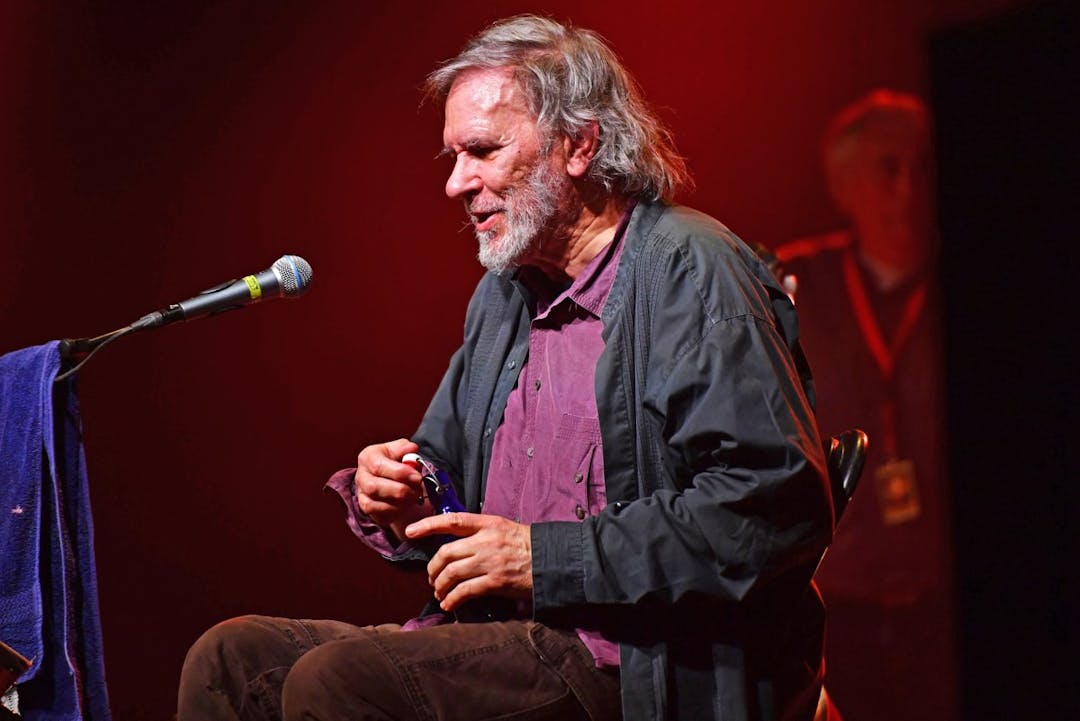
RIP: The legendary Tucker Zimmerman has passed away at the age of 84.
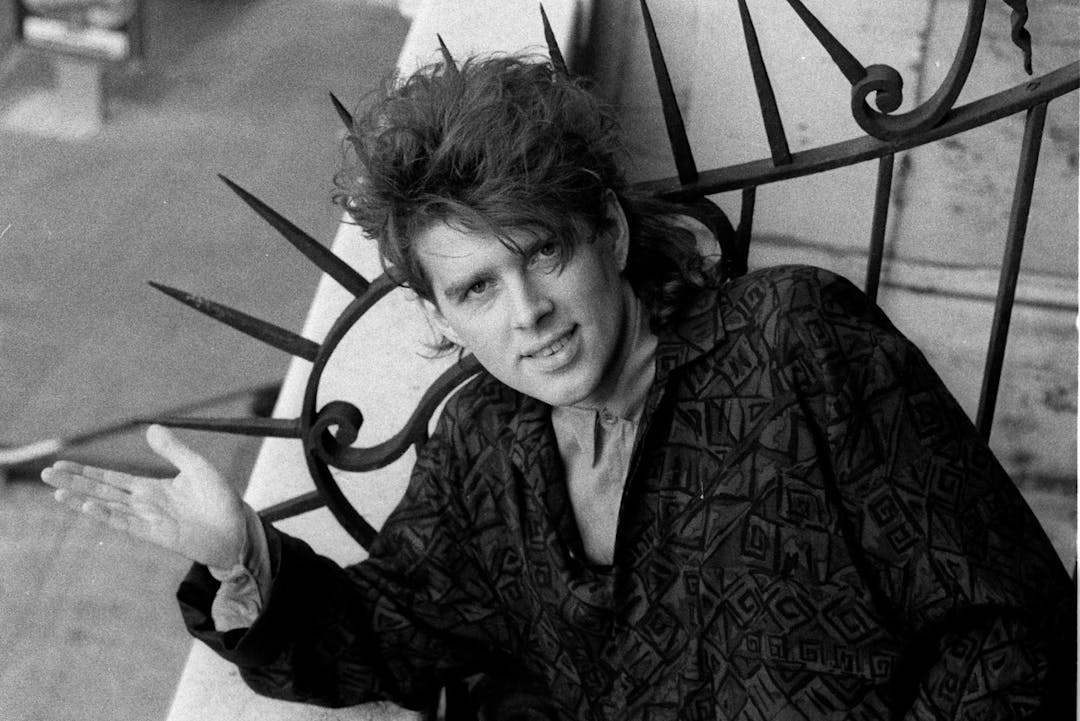
Born on January 18: Tom Bailey (Thompson Twins) always calls his "Doctor! Doctor!"
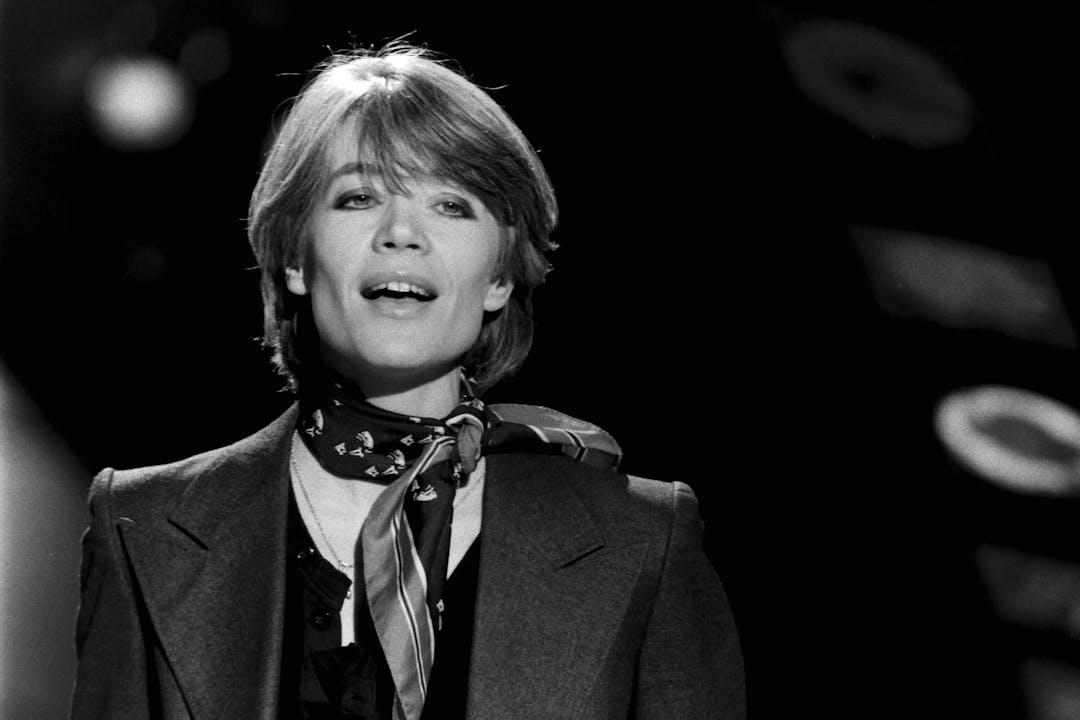
Born on January 17: Françoise Hardy left to find the stars in 2024
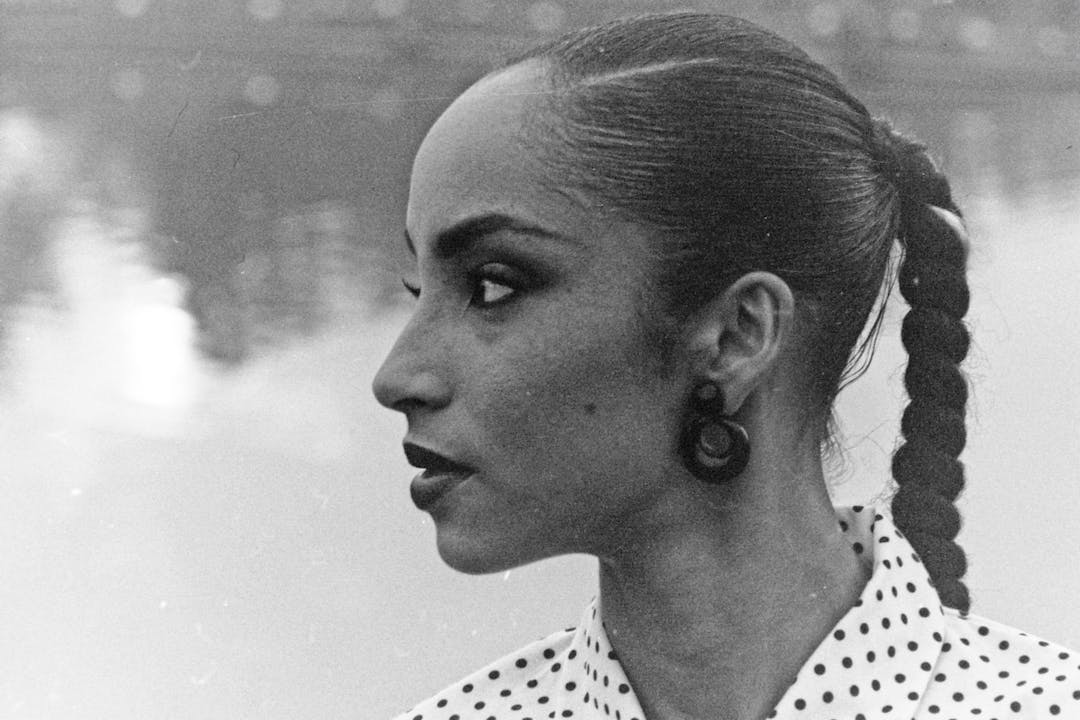
Born on January 16: Sade, the discreet gem of British soul music
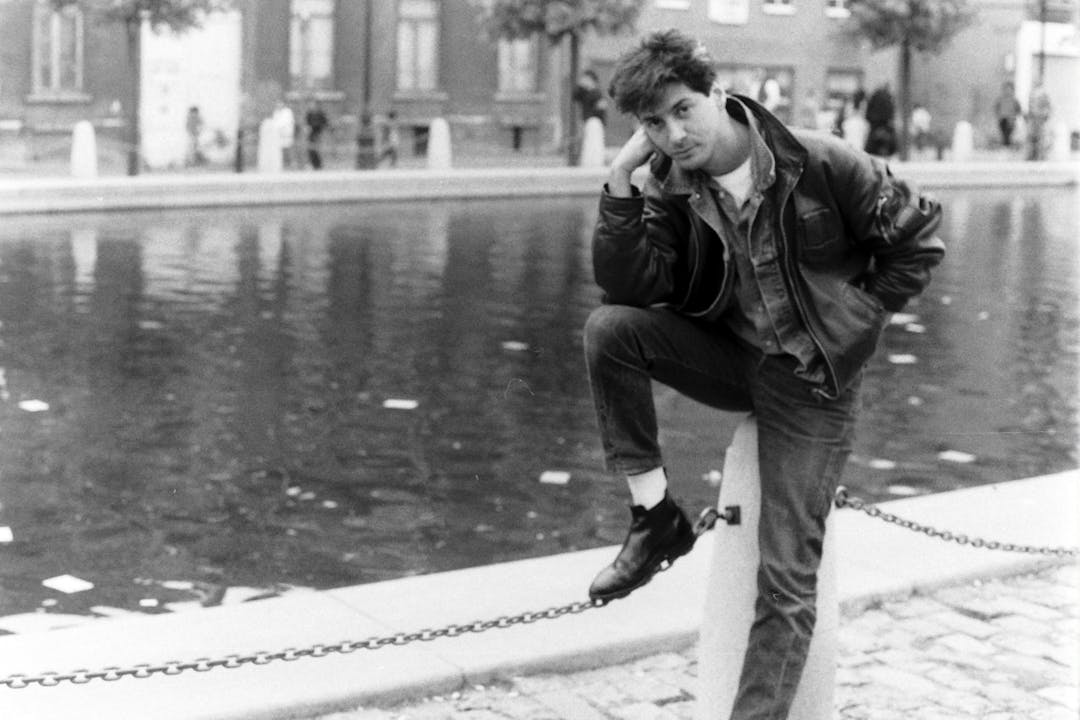
Born on January 14th: Etienne Daho, always full of musical notes...
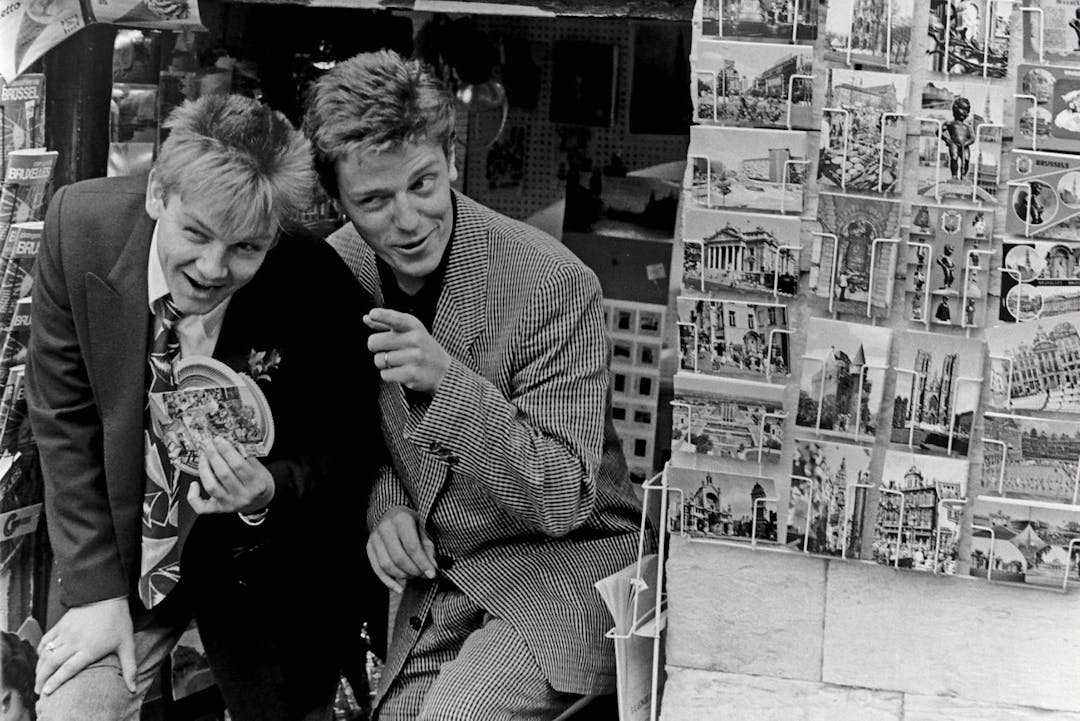
Born on January 13: Suggs (Madness), the sweet English ska madness from the 80s
Quick links